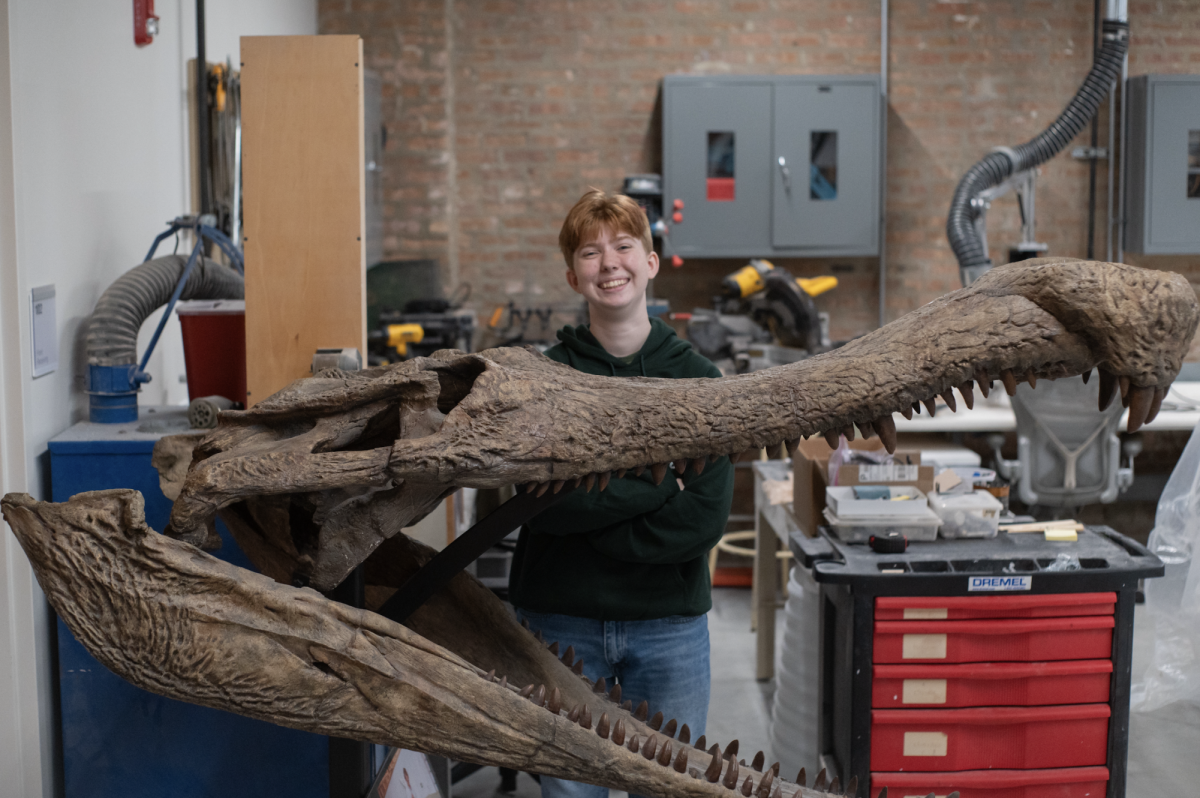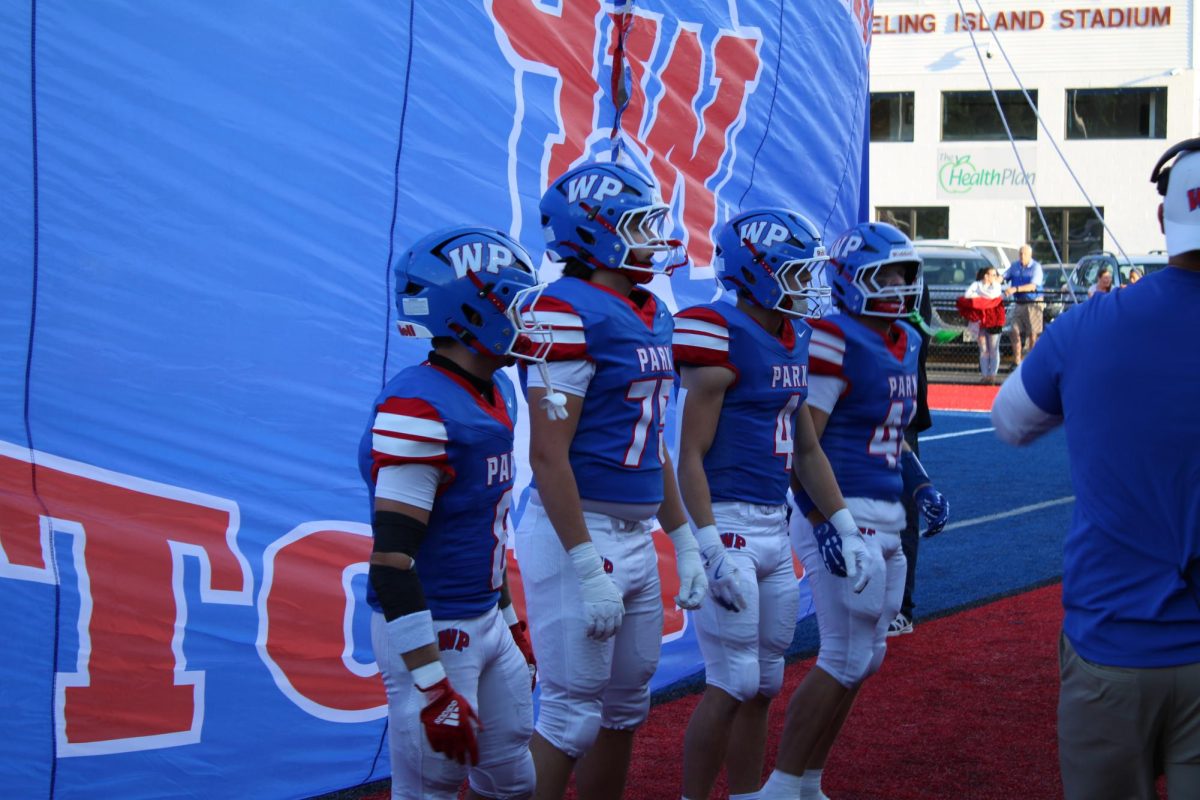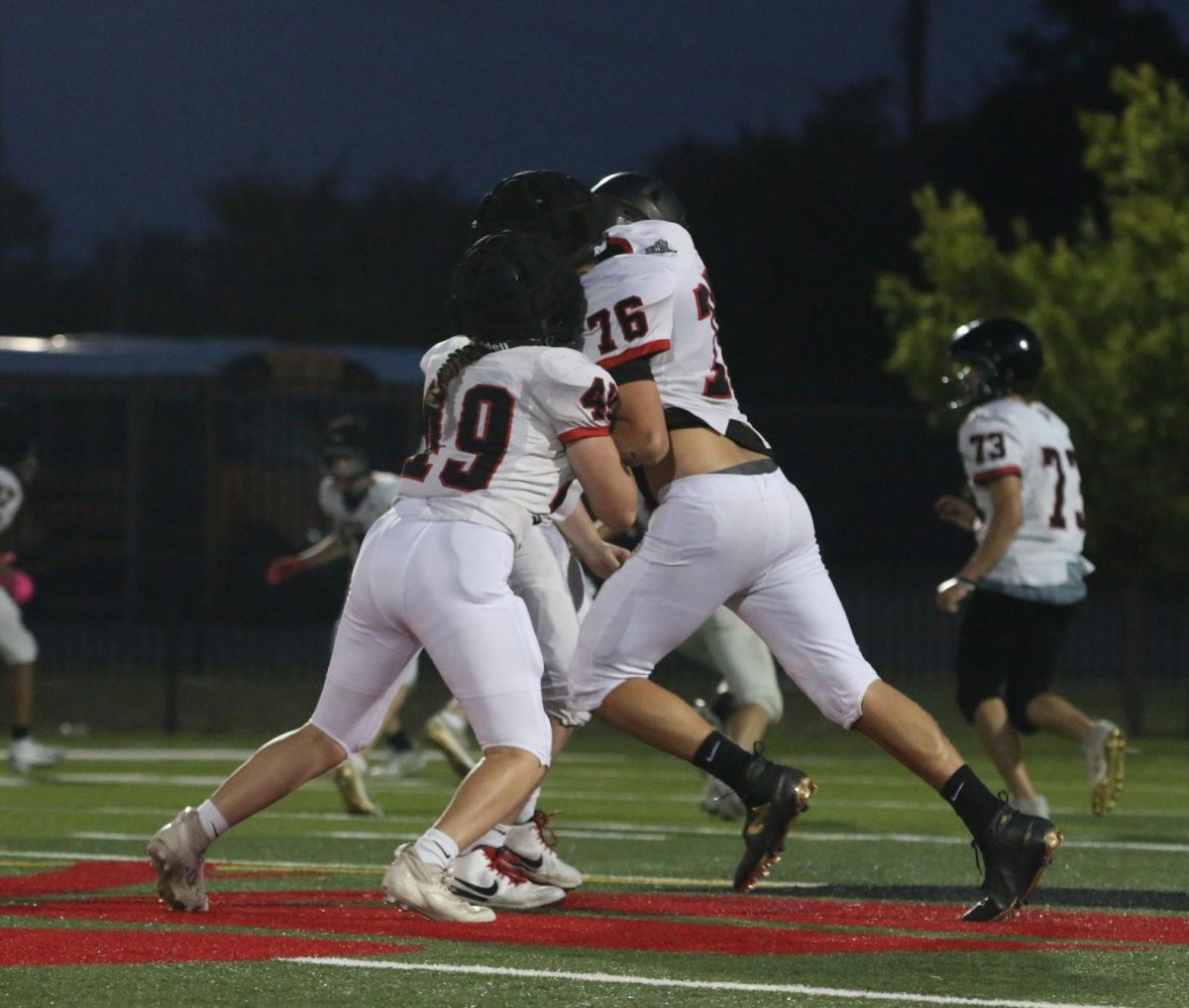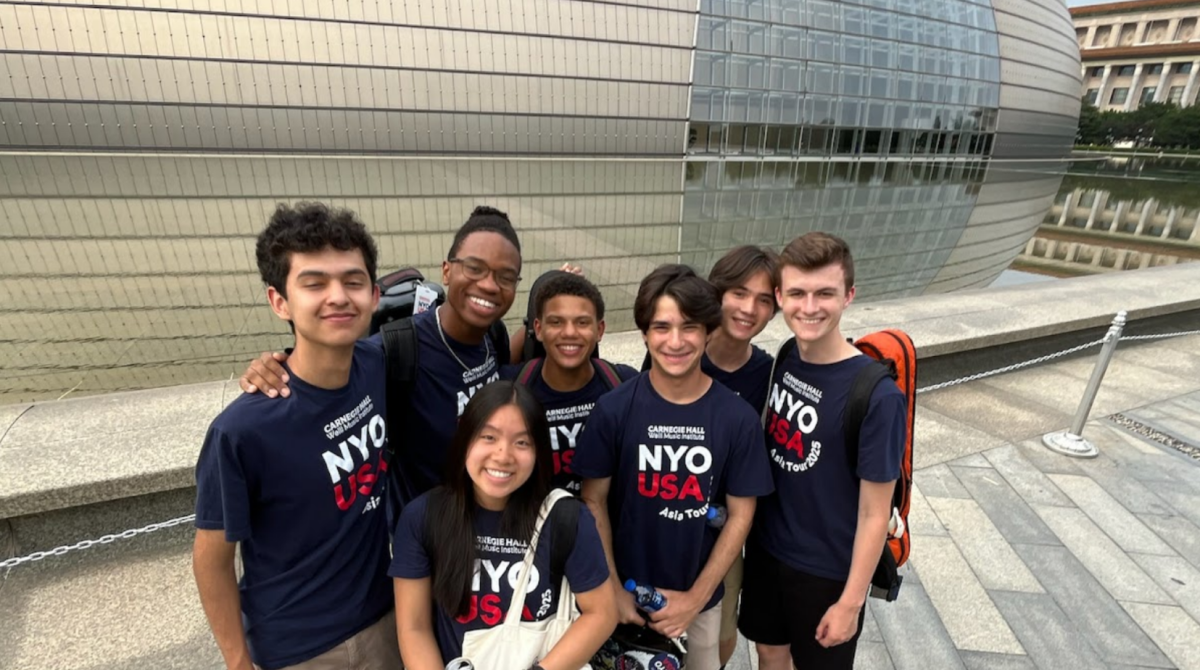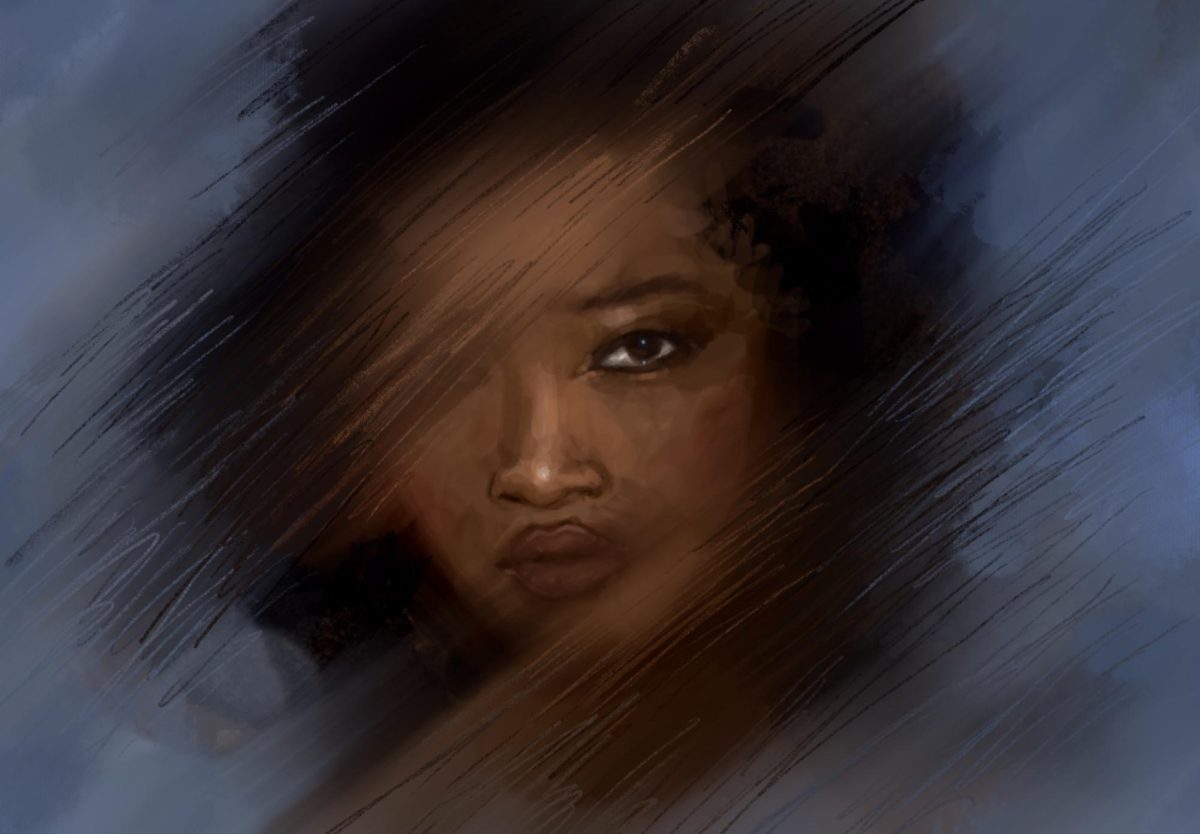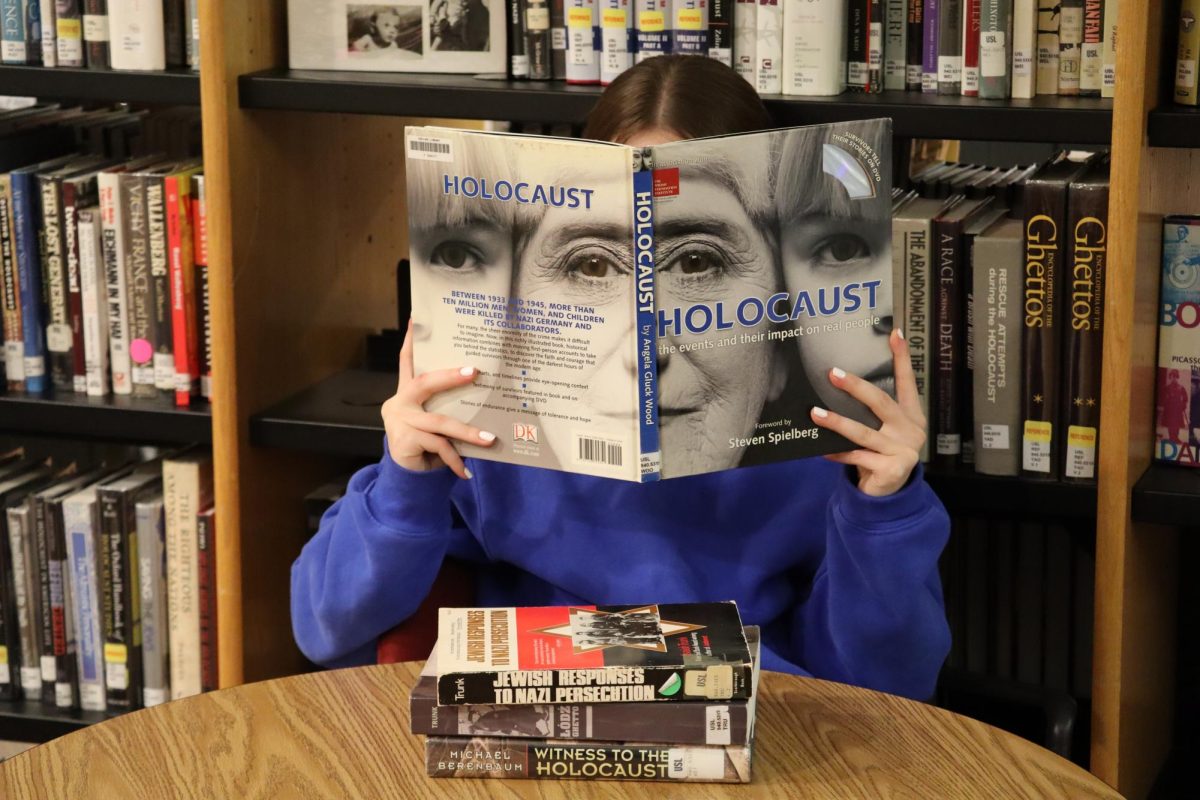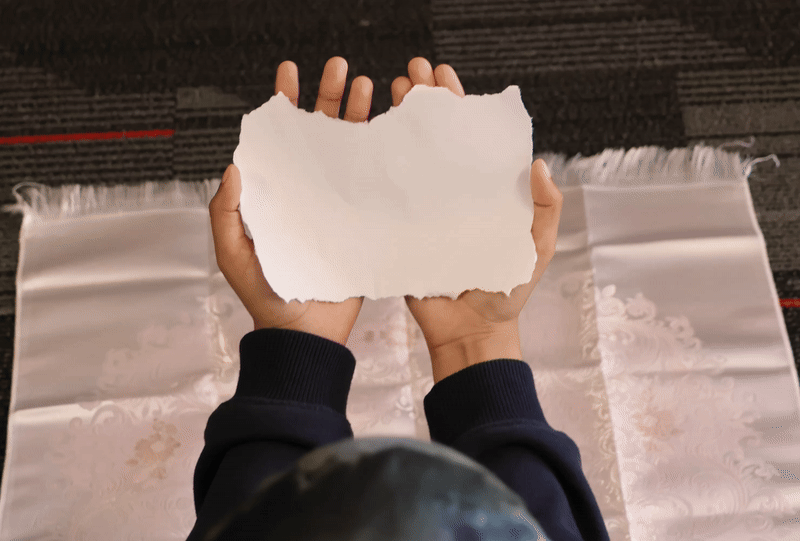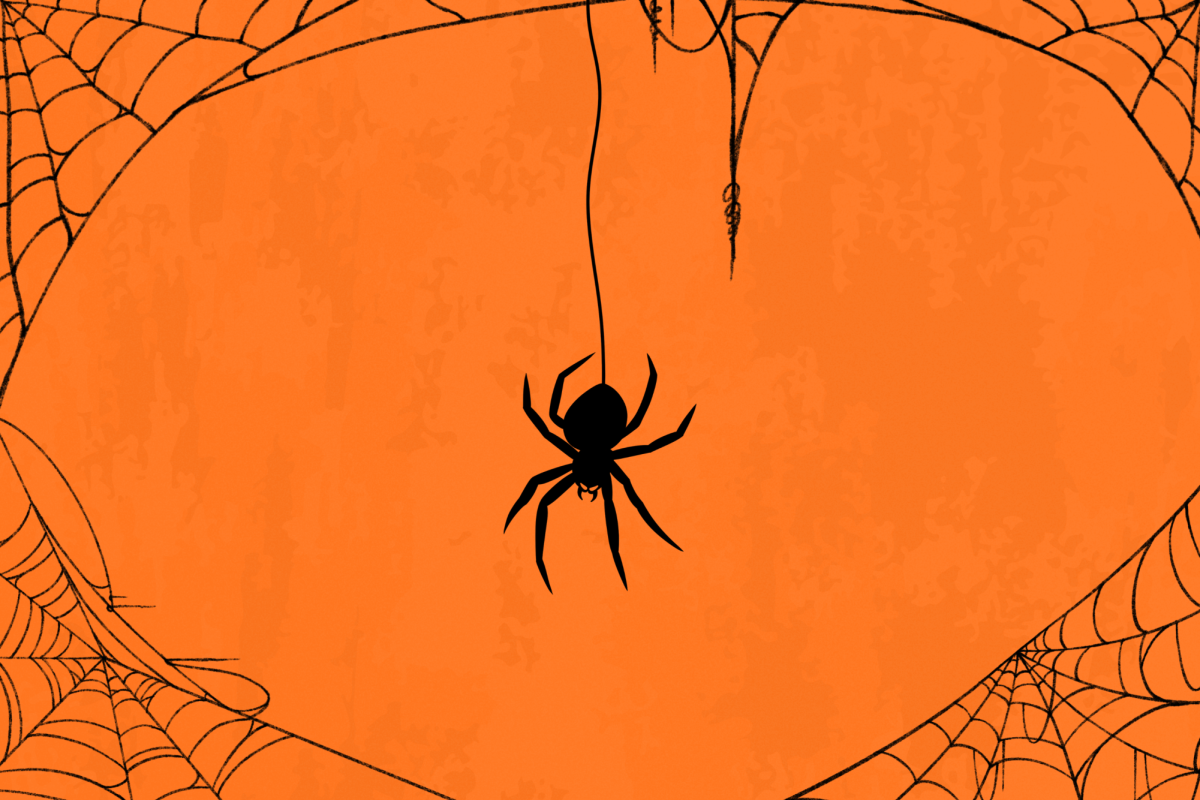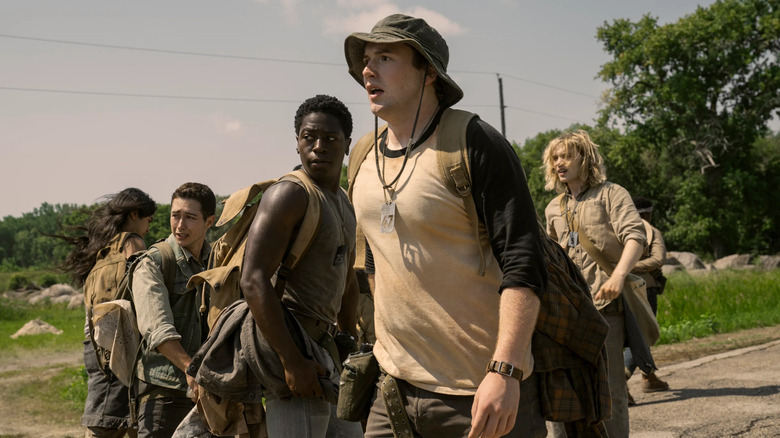Major spoilers for “The Long Walk” ahead
Though it’s been 46 years since Stephen King published “The Long Walk,” the iconic death game returned to theaters on Friday, Sept. 12. Directed by Francis Lawrence, who also led the “Hunger Games” movies, the adaptation grossed $19.2 million against a budget of $20 million. The movie follows Ray Garraty, a teen from Maine played by Cooper Hoffman, as he struggles to persist through the brutal competition.
“The Long Walk” is a Mr. Beastian tale: in a dystopian United States, the regime holds an annual Long Walk, where 100 boys must walk continuously at a consistent pace until there is only one remaining. If they fall below speed, deviate from the path or fight back, they’re swiftly shot. The winner will have any wish granted. In the face of these high stakes, the boys contend with their own mortality and their relationships.
The movie adaptation stays faithful to the book’s core premise, even while keeping its modern audience in mind, such as by casting Black and Asian actors in response to the lack of minority representation in the book. As the boys walk, the movie continuously cuts to white families watching from wheat fields, a reminder of the persistent American imagery that tethers this adaptation to its source material.
From the starting line, “The Long Walk” tries to elbow its way into the zeitgeist with a clumsy monologue from Mark Hamill’s cartoonishly dictatorial character, the Major. He spouts a few vague keywords like “work ethic,” “GDP” and “epidemic of laziness” to signal that this isn’t your mother’s Long Walk — it’s timely and definitely about this economy right now, in 2025. However, since the film doesn’t develop the relationship between the Long Walk and productivity throughout the rest of its runtime, this attempt feels shallow and reflects the creators’ persistent discomfort with ambiguity.
The meat of this movie lies in its gory content. For over an hour, the audience watches boys walk, talk and get shot, the latter of which is the most engaging of the three. The neverending trudge sounds boring on paper, but the creators keep the plot moving with tense and pivotal scenes that stick in viewers’ minds. One of the most visceral moments of “The Long Walk” occurs when a character breaks his ankle but pushes on desperately, crying out for mercy the whole way. The audience is forced into closeups of his squelching, purple foot until both are put out of their misery.

Other indirect causes of death, such as leg cramps or diarrhea, force viewers to imagine themselves in the Walkers’ position, making “The Long Walk” grounded despite its fictional premise. The movie has a few standout sequences that make the most out of a visual format, such as when Garraty is struggling to keep pace while walking up a hill. The dramatic lighting, frenetic music and panicked breathing all contribute to a deliciously stressful moment.
Though the movie successfully depicts the grueling walk, other aspects fall by the wayside. Because the movie lacks the interiority that a first person novel brings, the creators attempt to make up for this by injecting more personal dialogue into the script, especially between Garraty and McVries. Their dialogue flows naturally, but becomes overbearing when they begin expositing their motivations rather than working off their established personality. As a result, the movie has little in the way of subtext — the kind of subtext that would bolster intrigue in a film with limited offerings.
The actors, for their part, handle the film’s unwieldy script with grace. David Jonsson is especially compelling — he carries a natural ease that makes McVries’ optimism painfully believable. Cooper Hoffman’s boyish portrayal makes Garraty a sympathetic character, even with occasional misfires. In the wake of a competitor’s death, he exclaims “It’s all so f—ed!” as sincerely as a resolute toddler, but that’s charming in its own way.

However, one of the most disappointing adaptational changes is the movie’s treatment of queerness. McVries is widely considered a bisexual character, flirting with Garraty casually throughout the novel. While the movie keeps the book’s charged lines and emphasizes the suspicion McVries and Garraty come under — one character yells “Y’all sound like a bunch of f—ing queers” — it ultimately backs down by recontextualizing their relationship as brotherly in a new monologue from McVries. The book’s handling of queerness wasn’t perfect, and the movie didn’t have to explicitly address the subject, but it’s disappointing to see the writers reinforce hostility rather than engaging with the complexity of McVries’ character.
Regardless, the central duo’s bond comes through by the end of the movie. In a major plot twist and canon deviation, Garraty sacrifices himself to ensure McVries wins the Walk. Stunned, McVries carries out Garraty’s true wish for joining the competition: killing the Major. It’s a jaw-dropping moment for new and old audiences alike, leaving everyone with an ending worth contemplating.
It’s this kind of choice that reveals “The Long Walk’s” core misstep — its indecision. The film is constantly at a crossroads when it comes to deciding whether to be faithful to the original text or trust its own approach, and the result is a movie that takes too many paths at once. The talented cast, tense moments and thoughtful edits suggest a much-needed revival — a dystopian movie uniquely equipped to comment on the state of the U.S. today. Sometimes, the movie’s creators go the distance with that promise. But ultimately, the Long Walk is a blank slate they seem too scared to tread on.
RATING: 3/5
This story was originally published on El Estoque on September 24, 2025.









